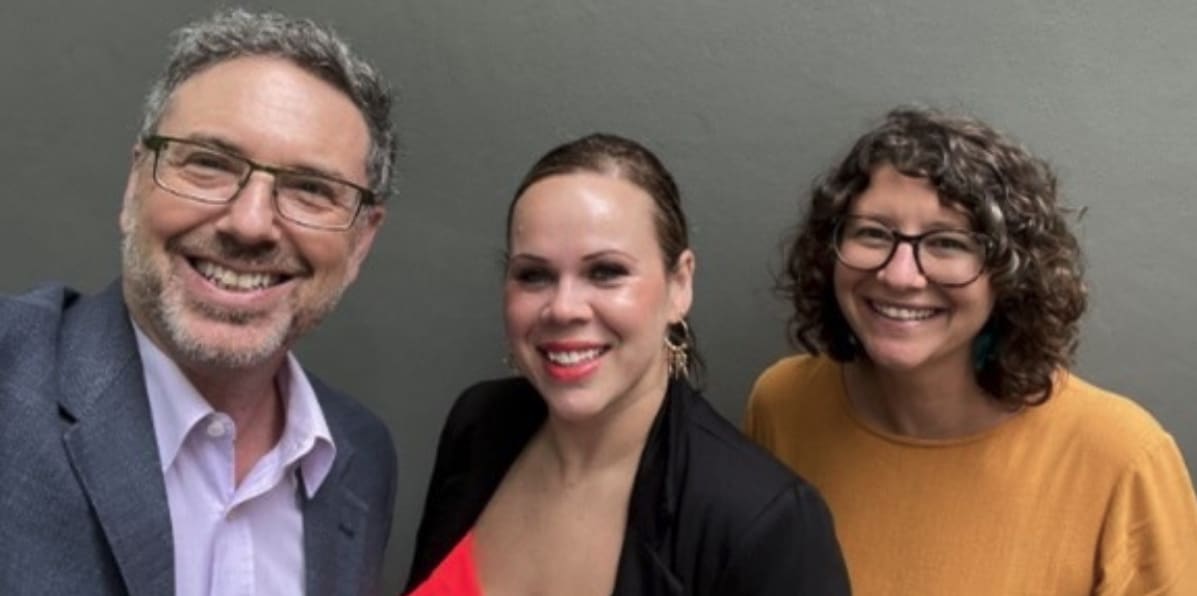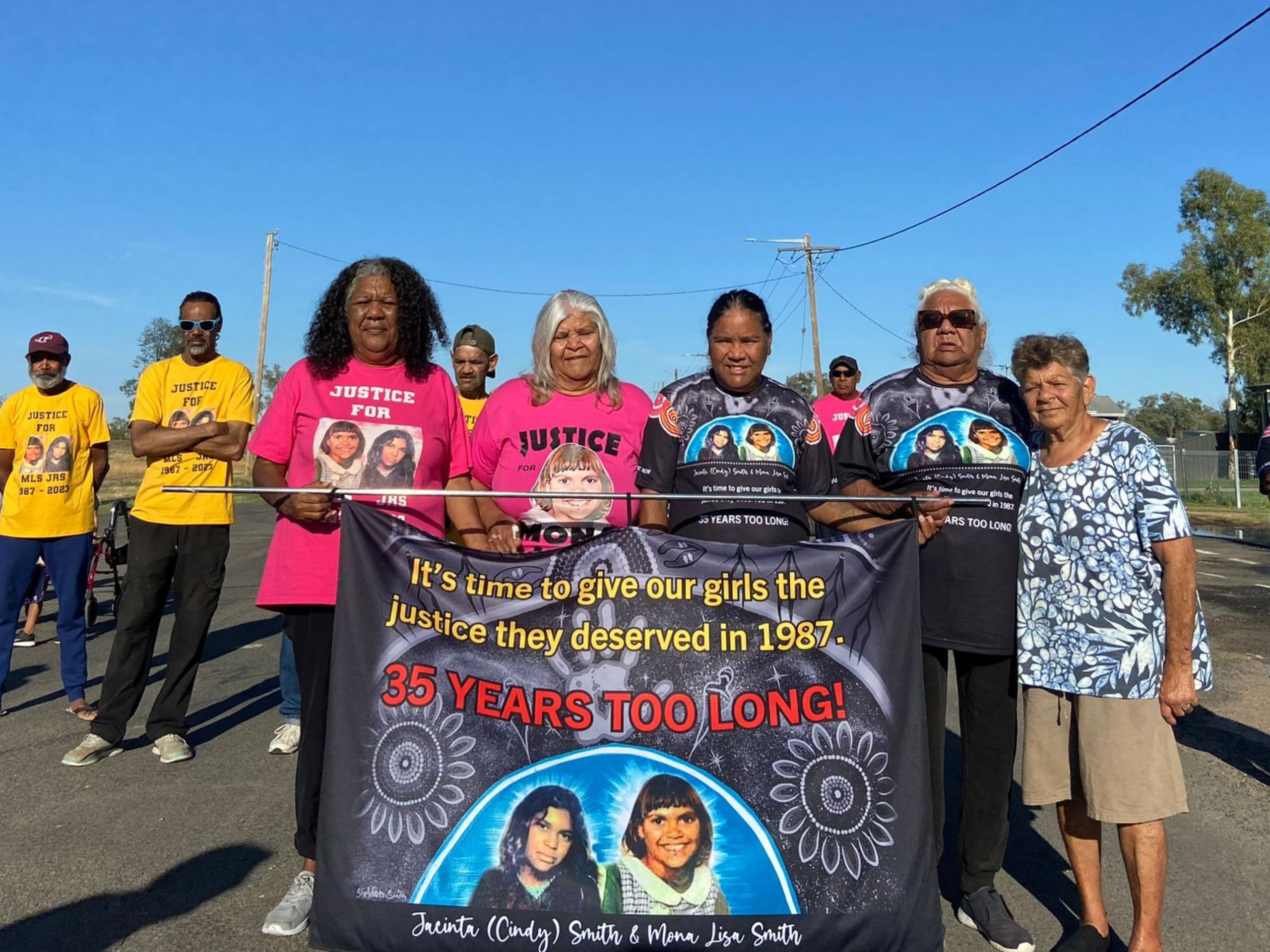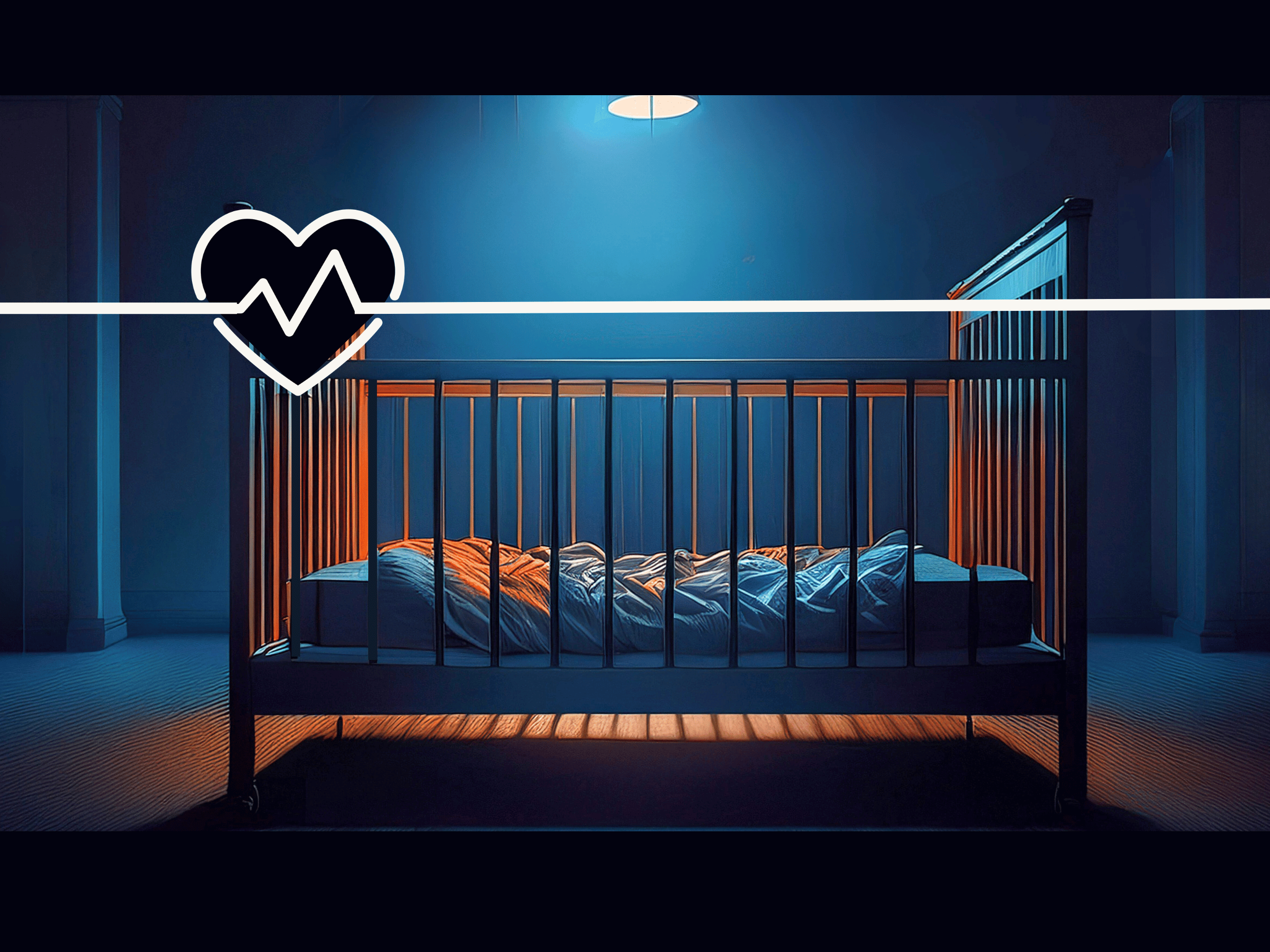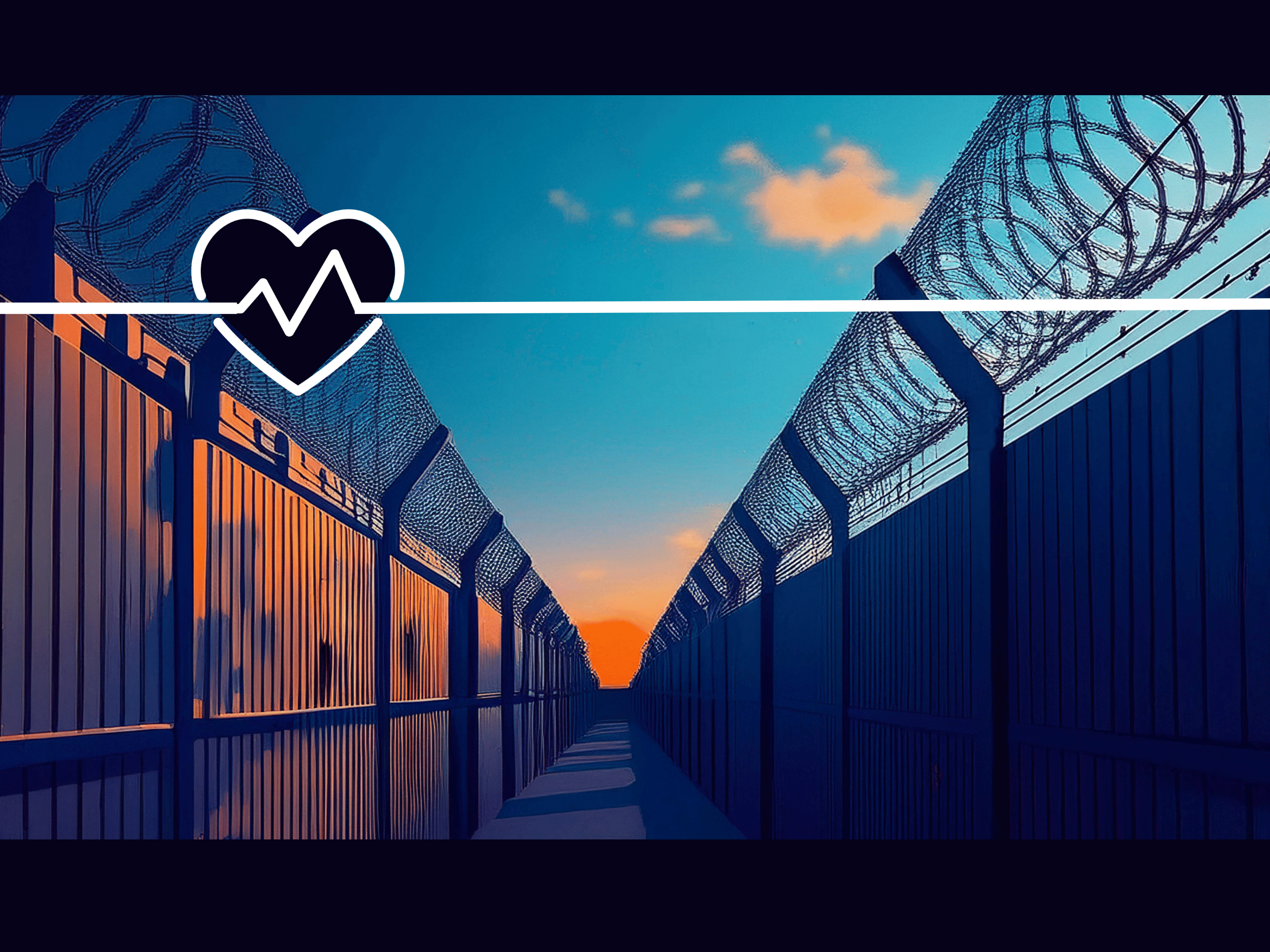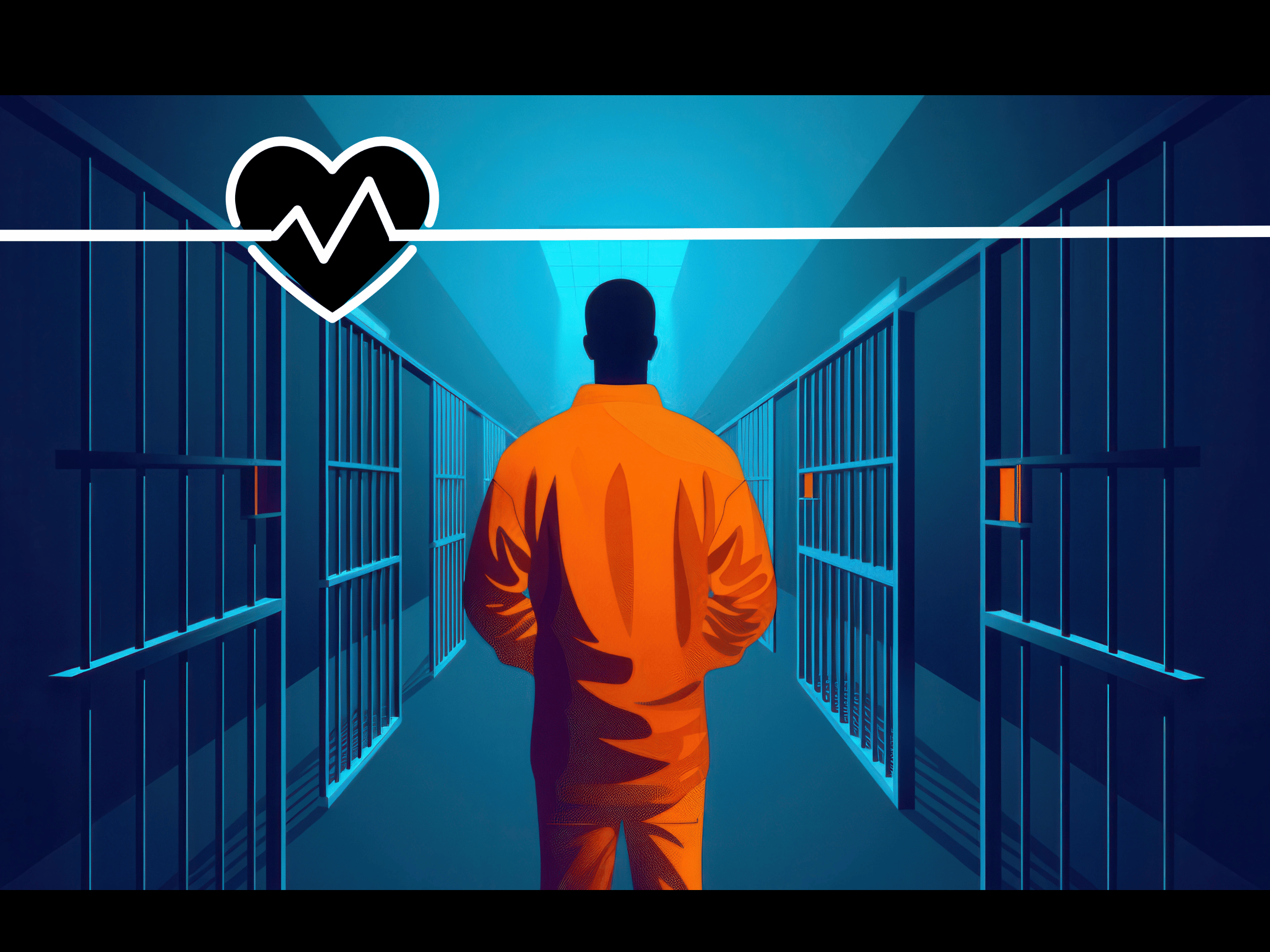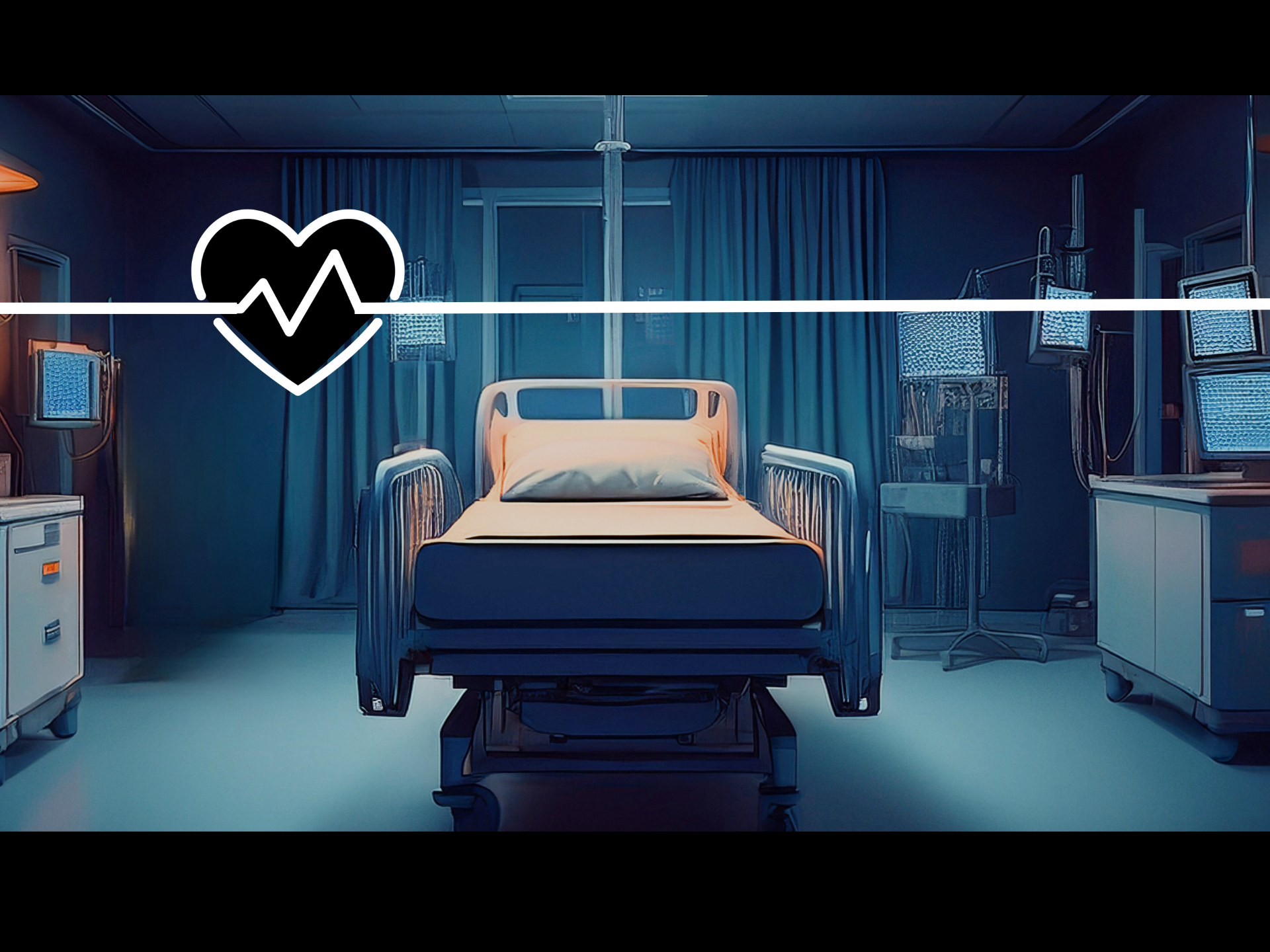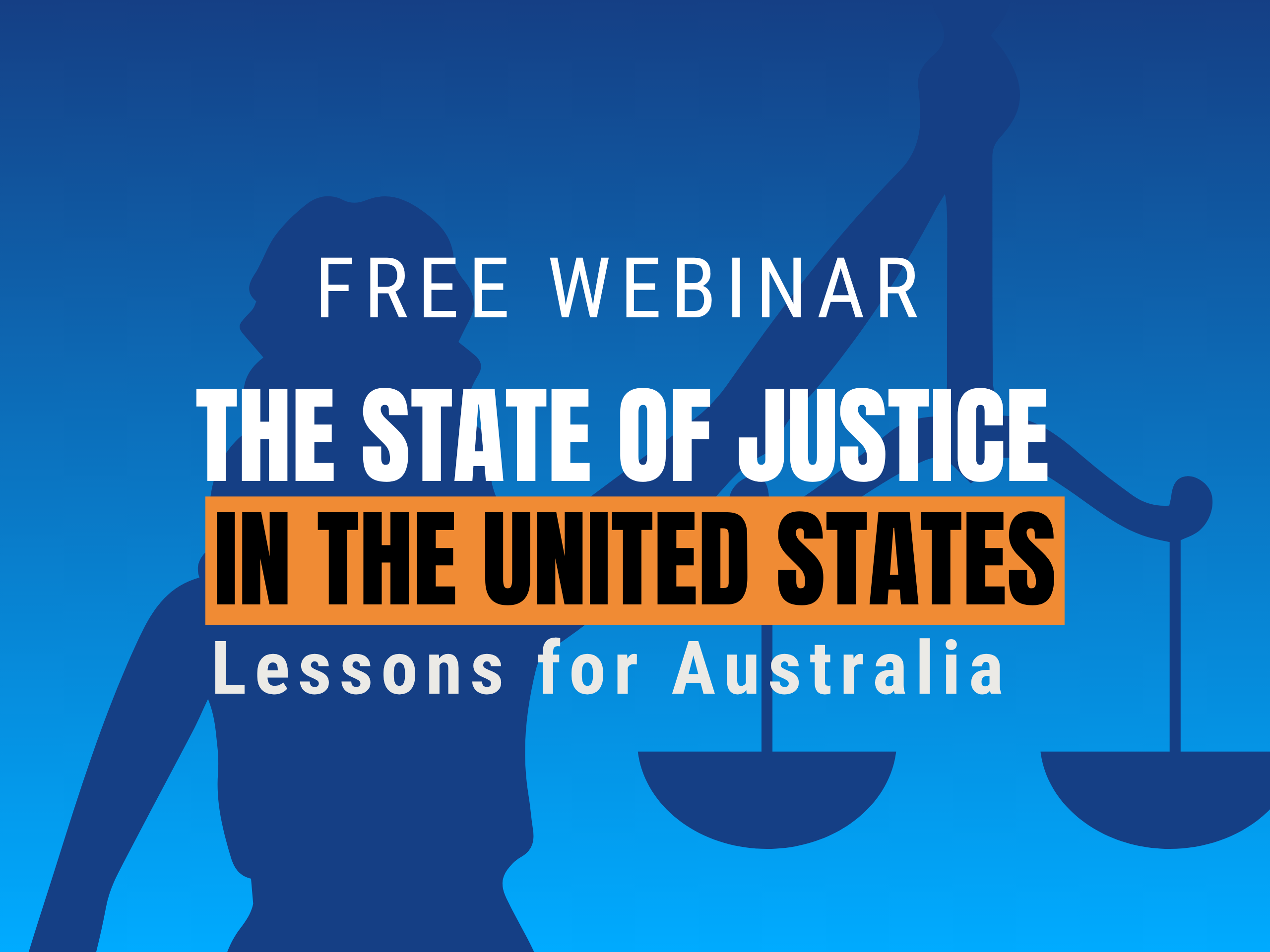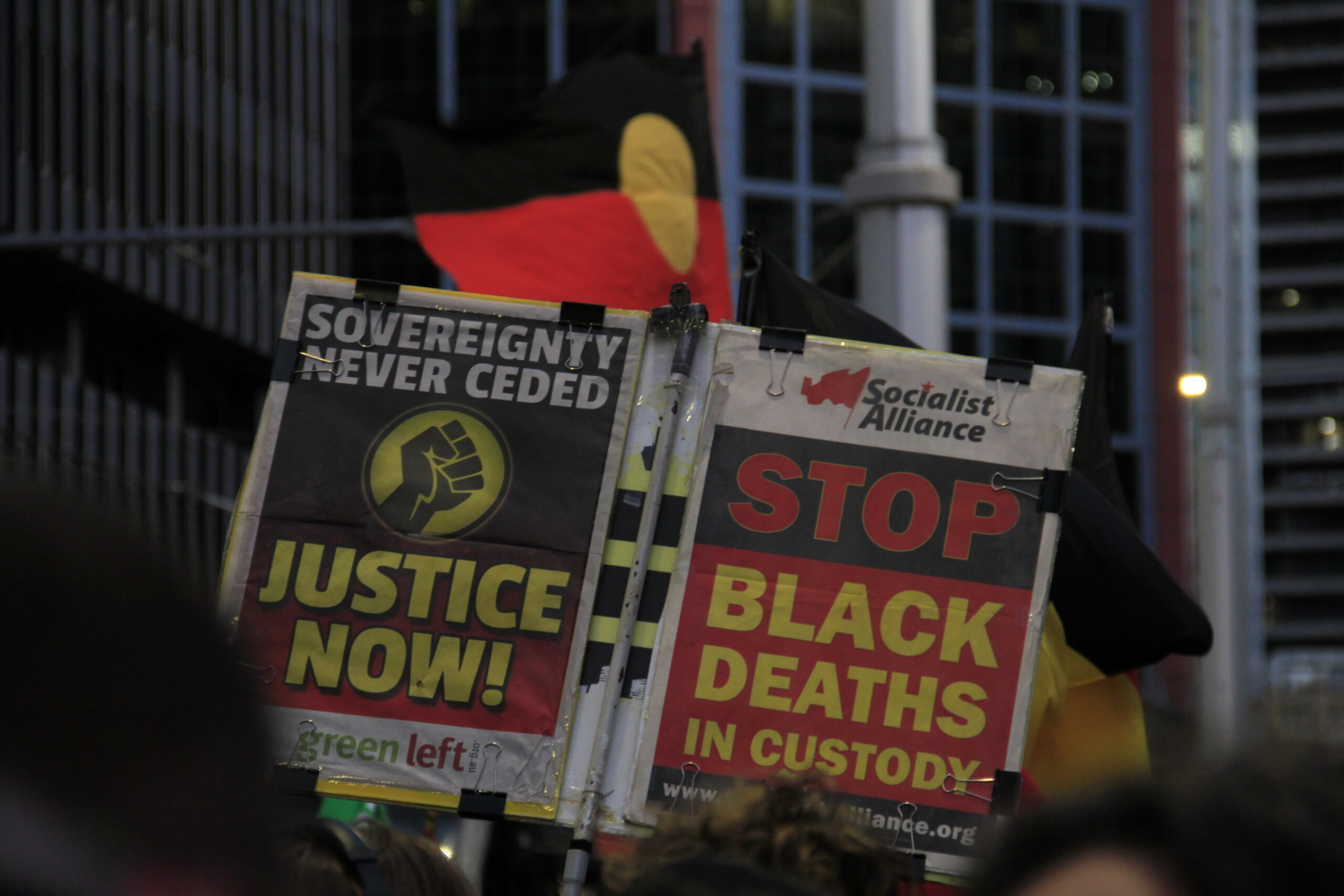For many of us, the justice system is something we rarely have to deal with. If you enjoy the privileges of a quality education, healthcare, and employment, your only visit to a courtroom will be for jury duty. But for First Nations people, systemic racial discrimination in policing and incarceration creates a trap from which it is hard to escape.
If you’ve ever listened to Keenan Mundine (Deadly Connections Co-Founder) speak, you’ll know about how over-incarceration can be a dangerous, even deadly, cycle for First Nations people. On SBS’s ground-breaking new documentary Incarceration Nation, Keenan spoke about how damaging excessive policing and surveillance can be for youth:
“One of the worst experiences as a child is to make you take your clothes off in front of two strange men that you’ve never met before.”
Keenan knows from his own experience that the criminal justice system is difficult to escape:
“As a kid myself, I didn’t have a lot of resources. So I started to follow boys around and learn how to break the law and do crime to be able to meet my needs. It’s very difficult to break the cycle of poverty and prison, drugs and crime, and everything that comes with that cycle.”
Our partnership with Deadly Connections seeks to break this cycle of over-incarceration. When we spoke with Carly Stanley, CEO and Co-Founder of Deadly Connections, she told us that through the partnership, “we can bring the power of legal training and knowledge to the front-line to benefit our communities”.
“We are over-represented in the criminal justice system as a direct result of systemic discrimination and ongoing colonial violence. We need to work together to urgently break the cycle of intergenerational grief, loss, trauma and disadvantage. Deadly Connections is working directly with our community to positively disrupt that cycle.”
In practice, the partnership is about the National Justice Project and Deadly Connections sharing resources, skills and knowledge through a full-time solicitor working across the two organisations. This important role will lead the implementation of the Bugmy Justice Project (named after the landmark decision in Bugmy v the Queen, 2013), an innovative project that seeks to amplify the voices and experiences of First Nations people and their community in the courtroom.
Bugmy Project Lead, Sambavi Seermaran, brings to this role a passion for challenging the impacts of entrenched disadvantage and intergenerational trauma that disproportionately affect First Nations’ peoples. Sam’s first few months with Deadly Connections have provided her an invaluable opportunity to observe, learn and participate in community-led, grassroots work which is responsive to the needs of the inner west Aboriginal community. Her legal skills have come handy in overseeing this pilot project as it expands and gains wider acceptance and recognition from the judiciary and other legal stakeholders.
The Bugmy Justice Project does this by identifying the racial, cultural and historical factors specific to First Nations people who will be sentenced by NSW criminal courts. This contextual and individual-specific information – including information provided by community members, friends, relatives, and Elders – will provide a set of background factors that are critical for judges and magistrates to consider during sentencing proceedings.
Instead of relying solely on narrow ‘Sentence Assessment Reports’ which judge a person’s character and risk, the Bugmy Justice Project opens the courtroom doors to the community.
“The Bugmy Justice Project is a groundbreaking pilot project which centres truth-telling and healing for Aboriginal individuals appearing before the NSW District and Supreme Courts. Through a professional report which is culturally-responsive, strengths-based and focused on alternative sentencing options and rehabilitation, the Bugmy Justice Report aims to disrupt the cycle of over-representation of Aboriginal peoples in Australia’s criminal justice system,” says Sambavi.
Announcing the partnership, National Justice Project Principal Solicitor and CEO, George Newhouse, said that “all of us at the National Justice Project are so proud to partner with Deadly Connections, and we are excited to see the results of our two organisations bringing together legal knowledge and skills with grassroots outreach work.”
The National Justice Project and Deadly Connections wish to thank Lara Goodridge for her support in enabling this important partnership between the National Justice Project and Deadly Connections.
Main photo: Carly Stanley, George Newhouse and Ariane Dozer
